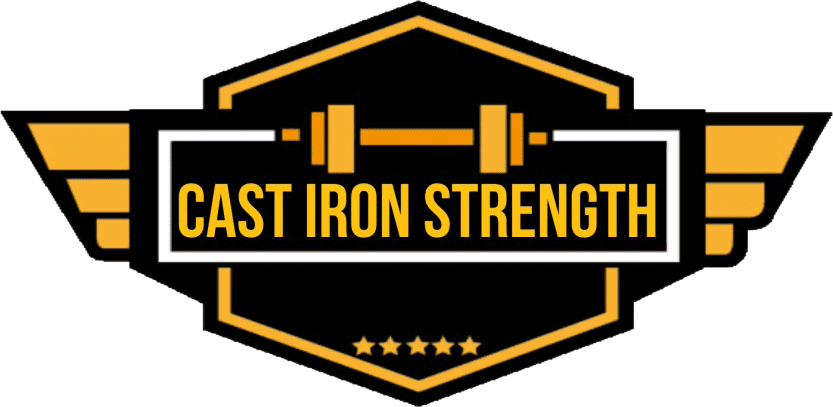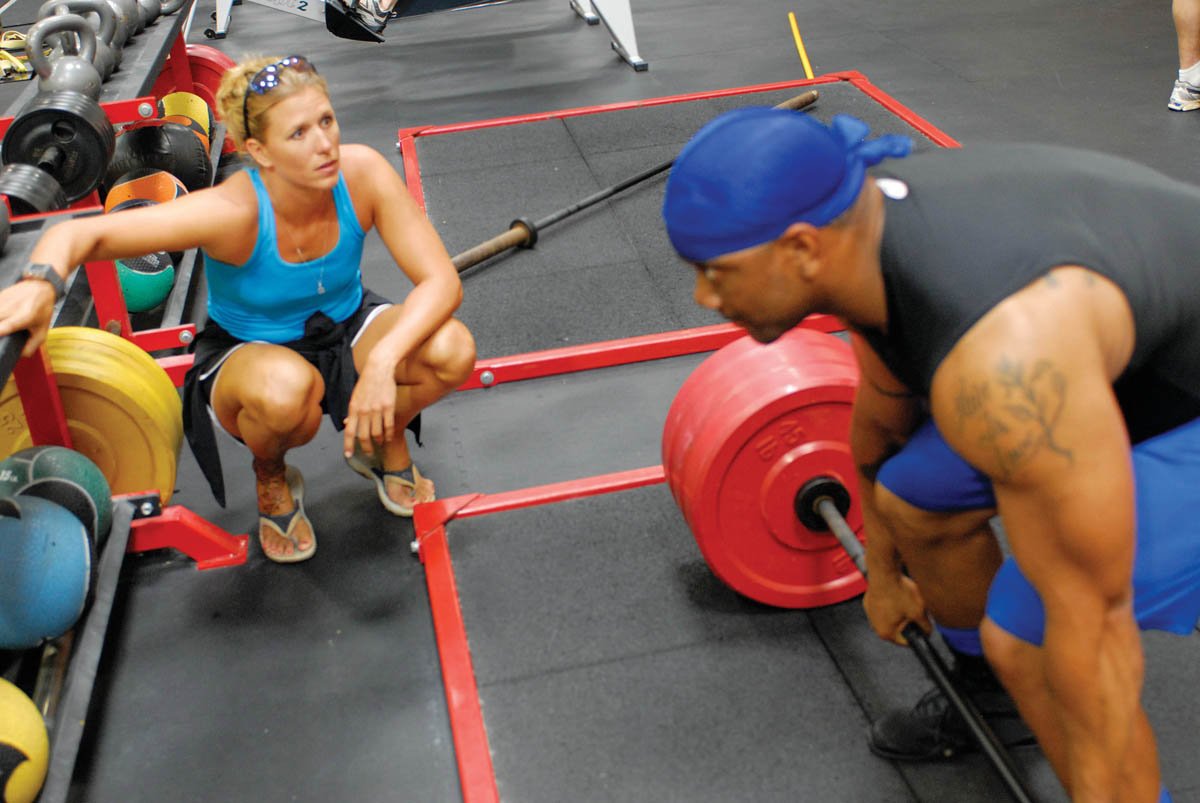Personal training and strength and conditioning can be hugely rewarding and fulfilling jobs and as such, they attract a lot of people who want to get into the business. If you’re looking for just anyone to hire as a coach or trainer if you don’t have any expectations of ability or standard then trainers are a dime a dozen.
Getting hold of and keeping hold of the good coaches or trainers as a business owner is my number one challenge. You see I don’t want just anyone looking after sessions for me or coaching lifters I want someone who lives and breathes lifting. For me it’s not good enough for someone to have the qualifications or to have done the relevant degree course, for me, this amounts to nothing as a coach. It can help a passionate and committed coach become more efficient and effective but for someone who views it as just a job then it’s not going to help.
Coaching is not a job it is a vocation, the demands on your time can be severe and for the vast majority of coaches, it is also done voluntarily. Without the love or passion for the sport or discipline you are coaching then you are dead in the water before you even start.
Let’s say you’re a passionate trainer, you’ve got your bits of paper and you are starting down the long and winding road of running your own training business or starting a career in the dog eat dog world of professional sport. How are you going to make people want to choose you over everyone else? How are you going to go that extra mile for the player or lifter you are coaching so they can make the cut?
Whatever you let happen under your watch you are providing approval of.
Whenever you coach people on a full-time basis there are going to be times when you can’t be fucked. You’re going to look at one of your athletes or lifters squatting or doing an exercise with the technique you normally would come over and address but your tired, it’s been a long day, excuse, excuse.
If you let your standards slip because you aren’t prepared to invest the time or energy into making the person you are working with at that time and place better than you aren’t being the best trainer you can be. Every single set, every single rep of every, single, exercise on the programme that is being done by your lifters and athletes is a measure or advertisement of your programme, gym or business.
Not everyone is going to be perfect we can all accept that and move on however what are you doing to help them achieve perfection or to move forward with their execution? Every athlete or lifter or client who has spent a considerable amount of time with you is an advertisement or a reflection of your movement standards. To do them the best service and to do yourself the best service only let pass what you deem as acceptable. If it’s not acceptable then ensure you’re doing something to try and make a positive impact upon it.
How do you expect to get others better if you can’t get yourself better?
A lot of trainers or PTs do a bit of training on the side for a bit of fun or to look better but they see it as a distraction or they will see it as a hobby. This is literally the most important bit of CPD you will ever do. Forget about paying 500 bucks to go see a lifter doing a seminar or to gain some toilet paper cert from someone who doesn’t know what they are doing.
Pick a sport or hobby and try to achieve mastery it is literally the best thing you will ever do for yourself as a trainer or coach. You see you’re working with people who are seeking solutions or they are seeking help with pain points or problems in their life. This can be any manner of problems given the wide range of clients you can deal with. Problem-solving is the key to being an outstanding coach or trainer.
When you get good at something you’re going to come across A LOT of problems, more than you can probably ever comprehend. These problems will be frustrating, they will be annoying and eventually with enough time and persistence they will get solved. However, the skill of seeking these solutions and overcoming these obstacles will be invaluable to you as a trainer/coach.
It’s not even that you will become good at troubleshooting specific issues in your area of mastery (a powerlifting coach who achieves mastery he/she is going to have some good ideas when it comes to getting better at powerlifting) but it’s the skill set that you gain from solving seemingly intractable issues will make you much better at doing it for your clients/athletes. And in the service industry being better at solving problems means you will make more money.
Knowledge is useless without experience.
We live in the Internet age where knowledge is free and readily available for anyone who is willing to Google or YouTube it. Yet with knowledge being free and abundantly available the number of people who are moving into personal training or strength and conditioning is increasing year on year, if we were being made redundant from free knowledge surely this wouldn’t be the case.
You see when it comes to solving problems or reducing people’s pain points prior experience is of the utmost importance. It is essential for anyone who is wanting to become elite in a sport to seek out the help of experts and coaches. Guided deliberate practice is the only way to make it to the upper eulachons of professional sport.
As a personal trainer or strength and conditioning coach it is your job to provide this expert advise and consultation when it comes to physical training. This is why coaches who are experienced and produce results get paid a lot more than sports science professors because they have experiential knowledge and an ability to trouble shoot and solve issues. The most learned professor might be able to tell you the cutting edge state of the science consensus on optimal back squat mechanics. They won’t be able to add 100kg onto your squat in the 12 months though so your probably not going to want to pay a lot of money to train with them.
If you don’t have a lot of experience coaching what you are trying to get paid to do, then you should seek it out. Offer your time for free if you have to and keep at it until you are continually producing good results. The time you spend doing this and feeling like you’re going sideways will be more than worth it in the end.
Don’t just attribute success randomly understand what you have done and what the results have been
Planning and record keeping a pain in the ass, I don’t think there is an S&C coach out there who works in elite or professional sport who doesn’t hate keeping detailed training logs and using monitoring systems. The pain, however, is worth it when you can look back and see where you have been, what the results were and where you can maybe look to improve.
If you work with clients in any capacity you should have them keep detailed training logs and look to involve as much objective feedback or measurement as possible. Especially in an area such as diet where subjectivity is such a huge hurdle to progress. Your client might be convinced they are doing everything in their power to get the results they want when they are doing nothing of the sort.
As a coach or trainer, it can become very easy to just do the training or write the programmes that you like when they could be completely useless or even worse making someone worse. Without an objective yardstick to show you where you have been it can be impossible to make a plan for where you are going.
For powerlifters or weightlifters, competition provides all the acid test you will ever need for a programme if your lifters’ aren’t progressing on the platform then you need to look closely at what they are doing or probably more importantly what you have them doing.
What gets measured gets improved never has a saying been more relevant to sports training. Find out the important aspects of your programme and measure them religiously.
Hopefully this article acts as some food for thought and can help you to examine what you are dong a bit more closely. It doesn’t matter how good of a coach you are things can always be done better.
Marc





